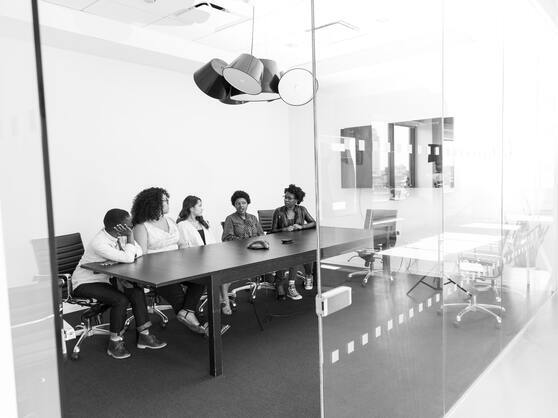If one of your 2019 resolutions was opening up your own business and exploring SBA loans, the recent government shutdown may have you feeling like you’re in the wrong place at the wrong time. From closed airports and trashed national parks to the suspended work of immigration, national security, FDA, and other government offices, the crisis started 2019 off on a dubious note.
The longest ever government shutdown also had an impact on small business: as the U.S. Small Business Administration (SBA) was closed for most of January, all small business loan processing was closed for that time.
All of this may sound like a gloomy forecast and may even be enough to put your dream of a small business on hold. But don’t go there just yet– there’s plenty of good news for up and coming entrepreneurs.
The SBA is back to business
Having overcome its hardships of the previous month, by mid-February the SBA is fully back on track and is functioning without any glitches. In fact, the percentage of approved SBA loans for regional and community banks (these are the ones that process a lot of government-backed loans) dropped by just 1% in January –the toughest month for SBA.
In the words of Beth Goldman, Director of SBA’s largest office,
“The SBA processed more than 1,100 7(a) loans worth half a billion dollars in its first week back after the shutdown.” – Forbes
For business owners who ultimately need government funding to start off their business, this means there’s no reason not to go through with the plan.
However, though any startup involves capital, SBA loans aren’t the only way to go for small business. In fact, the percentage of U.S. business owners applying for loans is steadily dropping while approval rates are increasing. In 2017, 40% of business owners had loans – down 5% from the year before.
You may not need SBA loans
Every aspiring entrepreneur goes through the ultimate question: how much starter capital is good enough and how much is not enough?
A recent survey by Kabbage, a financial services platform for SMB, tackled this question the scientific way: with statistics. In fact, their findings may have solved the riddle for everyone who prefers financial independence to government funding.
Here’s what they found: “58% of successful small business owners launched with less than $25,000. A third started with less than $5000.”– CNBC
The estimate of good startup capital depends on industry, with some of the least expensive fields ($5000+) being online retail, construction, and landscaping.
If this sounds like your kind of expertise (and your kind of budget) there might not be any reason to let go of your dream or make yourself dependent on government funding or SBA loans. All you need is to evaluate your strengths, do the research, and be confident about creating something special.




 SBA Loans Are Back but You Might Not Need One"/>
SBA Loans Are Back but You Might Not Need One"/> 























